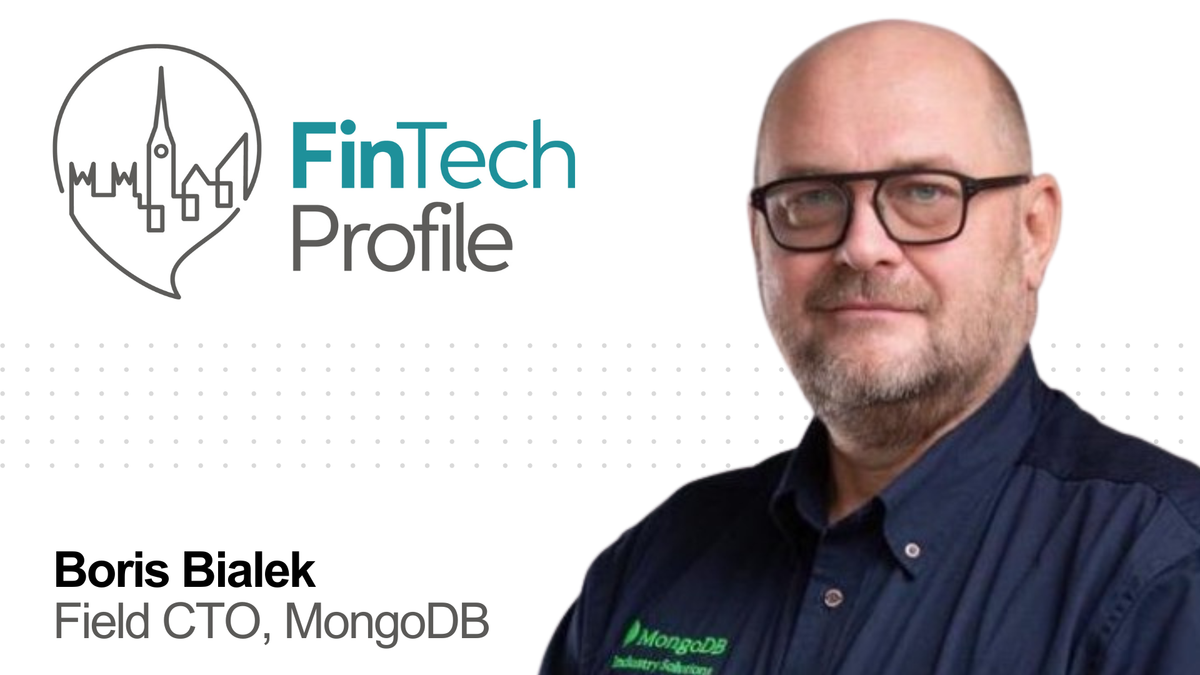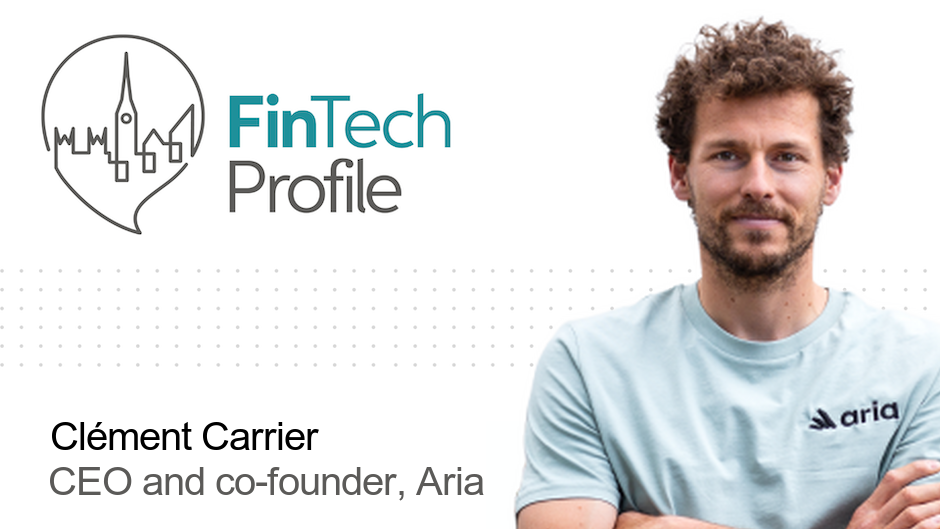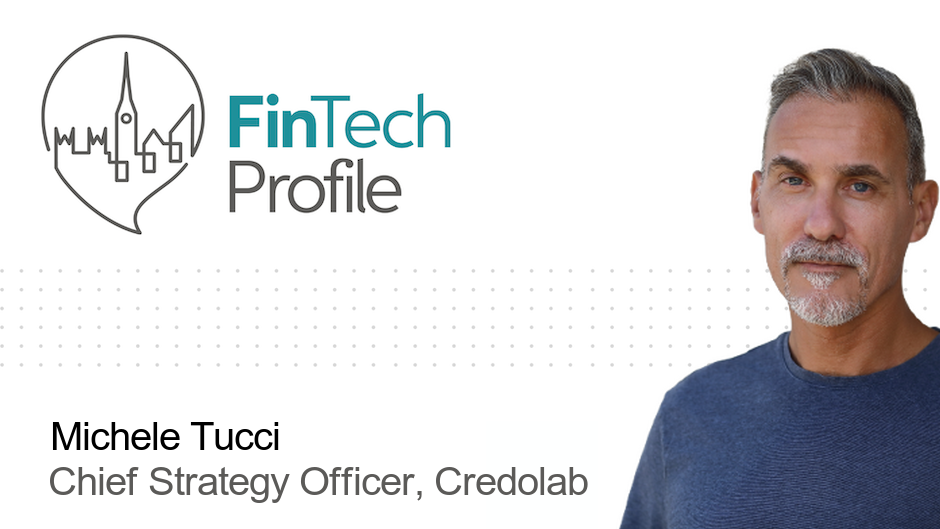Boris Bialek, Field CTO, MongoDB

Today we're meeting Boris Bialek, Field CTO at MongoDB. The company specialises in providing the leading database for modern applications – and chances are, every engineer in your company knows them!
Over to you Boris - my questions are in bold:
Who are you and what's your background?
I'm Boris Bialek, VP and Field CTO for Industry Solutions at MongoDB. My journey into financial technology evolved through my passion for some of the world's most complex data challenges. At university, I studied computer science with a focus on database tech. This gave me a really strong initial foundation in how organisations manage and leverage their data assets.
Before my MongoDB days, I spent over two decades working at IBM and FIS, engaged with major financial institutions on their digital transformation initiatives, which often felt like trying to change the tires on a moving car.
This experience gave me firsthand experience into the unique challenges banks face when moving away from those older, legacy systems while maintaining the balancing act of regulatory compliance and security.
I've guided numerous banks through their modernisation journeys, helping them leverage data as a strategic asset rather than just an operational necessity. I have had the privilege of witnessing so many innovations, but I'm particularly interested in the AI era.
What is your job title and what are your general responsibilities?
My job title is Field CTO and my standard byline is: I am not in sales. I support organisations figure out how to solve their biggest challenges with our industry leading data platform. That might vary from helping a development team on how to migrate applications without disruption or working closely with a CIO to achieve reasonable objectives.
A lot of my day job involves translating between the technical and business worlds. Business executives know they need to innovate and remain ahead of competitors but are often scared of the risks or trying a different approach when their tried and tested means have got them so far. My role is often about showing them a safer and faster path and at the moment it is also amazing to see how technologies such as AI can indeed make a major difference for a client in practical applied use cases.
Can you give us an overview of your business?
MongoDB started because the founders were frustrated with traditional databases that forced developers to twist their data into rows and columns when that's not how modern applications actually work.
We're the most widely available, globally distributed database on the market that lets organisations build applications the way developers think, with flexible documents instead of rigid tables. Think of us as the LEGO approach to data, you can build whatever you want, rearrange the pieces easily, and everything still fits together perfectly.
Our platform includes our core database (available in the cloud as MongoDB Atlas), plus built-in search capabilities, data lake functionality, and application development services.
What makes us different is that we've eliminated the "database zoo" problem. Traditionally, banks needed one system for transactions, another for search, another for analytics, and so on. We've brought all those capabilities together, so developers don't need to become experts in a dozen different technologies.
We've seen amazing adoption in financial services. Lombard Odier, a Swiss private bank that's been around since 1796, recently worked with us to use AI to migrate applications 50-60 times faster than their previous approaches. For perspective, we're talking about turning multi-year projects into something that takes a couple of months.
Tell us how you are funded?
MongoDB went public back in 2017 (we're listed on NASDAQ as MDB), but before that, we were venture-backed. The journey from startup to public company taught us a lot about balancing innovation with enterprise-grade reliability, which happens to be exactly the balance our banking customers are trying to strike.
What's the origin story? Why did you start the company? To solve what problems?
MongoDB was born out of pure frustration. Back in 2007, our founders noticed that new types of applications—ones with real-time interactivity and personalization—needed a flexible and scalable data foundation. But legacy databases common at the time relied on rigid rows and columns to store neatly structured data and were not built to meet the operational data needs of modern apps.
As developers themselves, our founders knew they needed to make data storage and retrieval more intuitive, reliable, and scalable.
MongoDB's document model keeps related data together, which matches how applications actually use data. For banks, this solves several significant headaches. First, it dramatically speeds up development cycles. One global bank told me they went from 6-month release cycles to releasing new features every two weeks after moving to MongoDB.
Second, it gives them a complete view of each customer. Instead of customer data being fragmented across dozens of systems, they can bring everything together.
And third, it gives them the flexibility they need for AI and analytics without sacrificing the reliability they need for transactions.
A great example is Bendigo and Adelaide Bank in Australia, who managed to migrate over 30 applications to AWS in just 30 days using MongoDB. That kind of speed is unthinkable with traditional approaches.
Who are your target customers? What's your revenue model?
In terms of our financial technology customer range, we work with everyone from the largest global banks to fintech startups that are still in the garage phase. We also work with investment firms, insurance companies, payment processors, and pretty much anyone handling financial data. What's interesting is that many of our startup customers eventually get acquired by larger banks, creating this natural expansion of our technology within the financial ecosystem. We even work with cryptocurrency organisations like Coinbase, supporting their need for scaling and customer demand spikes.
Our revenue model is primarily subscription-based, with customers paying for MongoDB Atlas based on their usage and the enterprise features they need. It's a consumption model like how you pay for electricity or water, you only pay for what you use, which aligns our success with our customers' success.
If you had a magic wand, what one thing would you change in the banking and/or FinTech sector?
I'd wave my magic wand and eliminate the artificial divide between "systems of record" and "systems of engagement" that has plagued banking architecture for decades. This outdated approach has created data silos that make it nearly impossible for banks to deliver truly personalised experiences.
It's absurd when you think about it. Banks have separate systems for transactions, customer information, digital banking, mobile apps and analytics. Then they spend billions trying to integrate these systems after the fact. It's like building a house by having different contractors build each room separately and then trying to figure out how to connect them all together.
What is your message for the larger players in the Financial Services marketplace?
My message to banking executives is simple: The barriers to modernisation that you think exist, whether time, cost or risk, have been dramatically reduced with new approaches and technologies.
And we're doubling down on this AI-powered approach. Our recent acquisition of Voyage AI demonstrates our commitment to making AI a core part of how financial institutions modernise and innovate. This acquisition brings specialised vector search and generative AI capabilities that will help banks extract insights from their vast amounts of unstructured data and accelerate their modernisation journeys even further.
The old narrative that modernisation requires 5–10-year projects with uncertain outcomes is completely outdated. We've proven with institutions like Lombard Odier that using generative AI for modernisation can accelerate migrations by up to 60 times. Projects that would have taken years can now be completed in months.
Where do you get your Financial Services/FinTech industry news from?
It won't surprise you that I love reading The Financial Times for the big picture on global financial markets and technology trends, and its often dry humour. For deeper dives into banking technology, I regularly check The Banker and Finextra for daily updates on what's happening in the fintech world.
Can you list 3 people you rate from the FinTech and/or Financial Services sector that we should be following on LinkedIn, and why?
- First, I'd recommend following Geoffroy De Ridder As Head of Technology and Operations at Lombard Odier, he's leading digital transformation at a bank that's over 200 years old. His insights on balancing innovation with stability are incredibly valuable for anyone in banking technology.
- Kelly Goetsch is not in finance, but is probably one of the best thought leaders I have seen for composable systems. He founded the MACH alliance and always has excellent thoughts that help in FSI too.
- BIAN is the group of people thinking about the modern banking world and how to be interoperable.
- "Captain Cloud" is an impressive thought leader who is operating one of the most amazing banking environments - all on MongoDB.
What FinTech services (and/or apps) do you personally use?
I utilize Swissquote.com for a lot of banking functionality - they are unbelievably innovative and have an international presence. I also use Stripe, a MongoDB client, daily and I do have a Revolut account as well.
What's the best new FinTech product or service you've seen recently?
I love the services and application design by WIO Bank in Dubai - its design and usage patterns are really impressive. The same can be said about Bank Amar and Bank Jago who have a challenge with the geographical size of their markets, but they still generate an amazing customer experience. And I really like how Bank Santander uses MongoDB to enhance the client experience ranging from better full text search in your account data to a comprehensive banking profile that makes life so much easier for all sides.
Finally, let's talk predictions. What trends do you think are going to define the next few years in the FinTech sector?
First, I've said this to many people, but I truly believe AI will revolutionise credit scoring by analysing alternative data like utility and rent payments. This will support millions of "credit invisible" people, while improving risk assessments. Banks that master this will gain a significant edge. We are seeing the first results already with our client PicPay in Brazil who is serving a lot of segments that were considered unbankable before.
Second, embedded finance will integrate banking into everyday experiences, shopping, healthcare, and education. Beyond buy-now-pay-later services, winning institutions will provide financial services exactly when needed, completely frictionless. For example, you are looking at a house and need in-time mortgage approval to put in your offer and while you are at it the bank can give you advice about the price you should offer. The introduction of real-time capabilities when and where the consumer, customer, client needs them will be key for all of this.
Third, regulatory technology will transform and will become an agentic AI function. We see this happening already in regulated industries such as pharma and life sciences, and we can expect that the financial sector will soon follow. Instead of manually generating spreadsheets, agentic systems will collaborate and generate the needed reports in a more accurate, timely way. This will transform the regulatory reporting from a necessary evil to a competitive advantage for those companies who get it right.
The key to success across all these trends is a flexible data platform that integrates diverse sources, applies AI at scale and adapts quickly. Institutions building this foundation of smart data today will ultimately lead tomorrow.
Thank you very much, Boris!
Read more about Boris on LinkedIn and find out more about MongoDB at www.mongodb.com.




